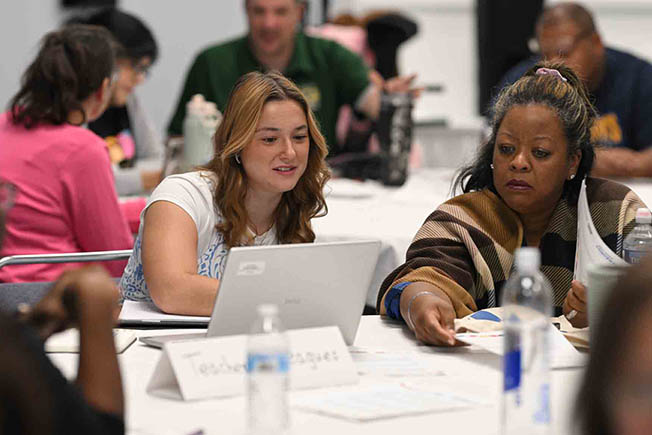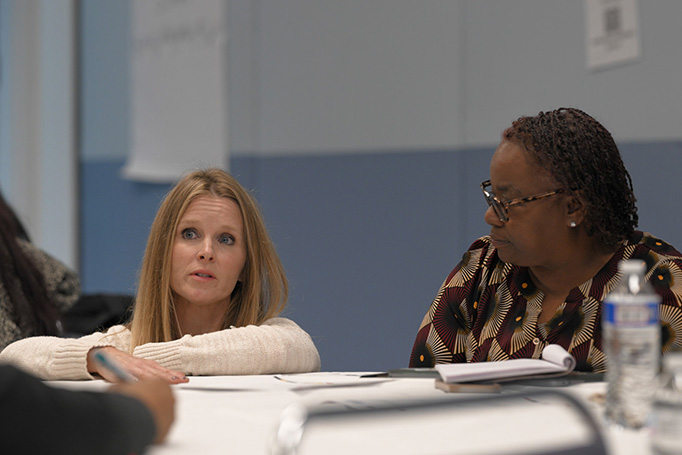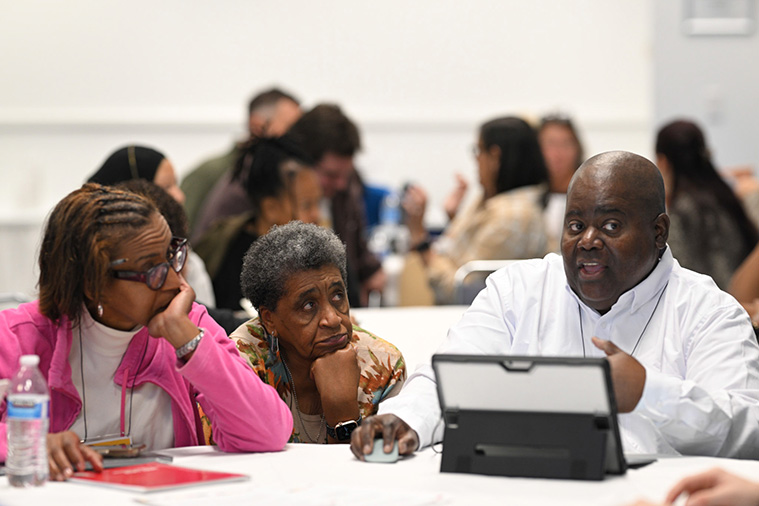
MSEA Convention Workshops
This year, MSEA’s Convention workshops expanded to a two-day professional development experience in response to member feedback. Workshops are professional development opportunities that put members’ knowledge and practice skills front and center.
Thank you for joining us!
We’re excited to share this collection of memories and highlights that capture the energy, connections, and meaningful moments we all experienced together. Below, you’ll find a curated gallery that showcase the presentations, discussions, networking opportunities, and candid moments that made this year’s convention workshops so special.
Feel free to browse through the collection and share with your colleagues.
Photos from the Event
Want to share your photos from the event? Tag us on social media using #ConferenceHashtag or email them to [email protected].







Venue
Conference Venue
The MSEA Convention took place in the Roland E. Powell Convention Center, also known as the Ocean City Convention Center located at 4001 Coastal Hwy, Ocean City, MD 21842.
Parking
Parking at the Roland E. Powell Convention Center is free and as easy as relaxing on the beach!
